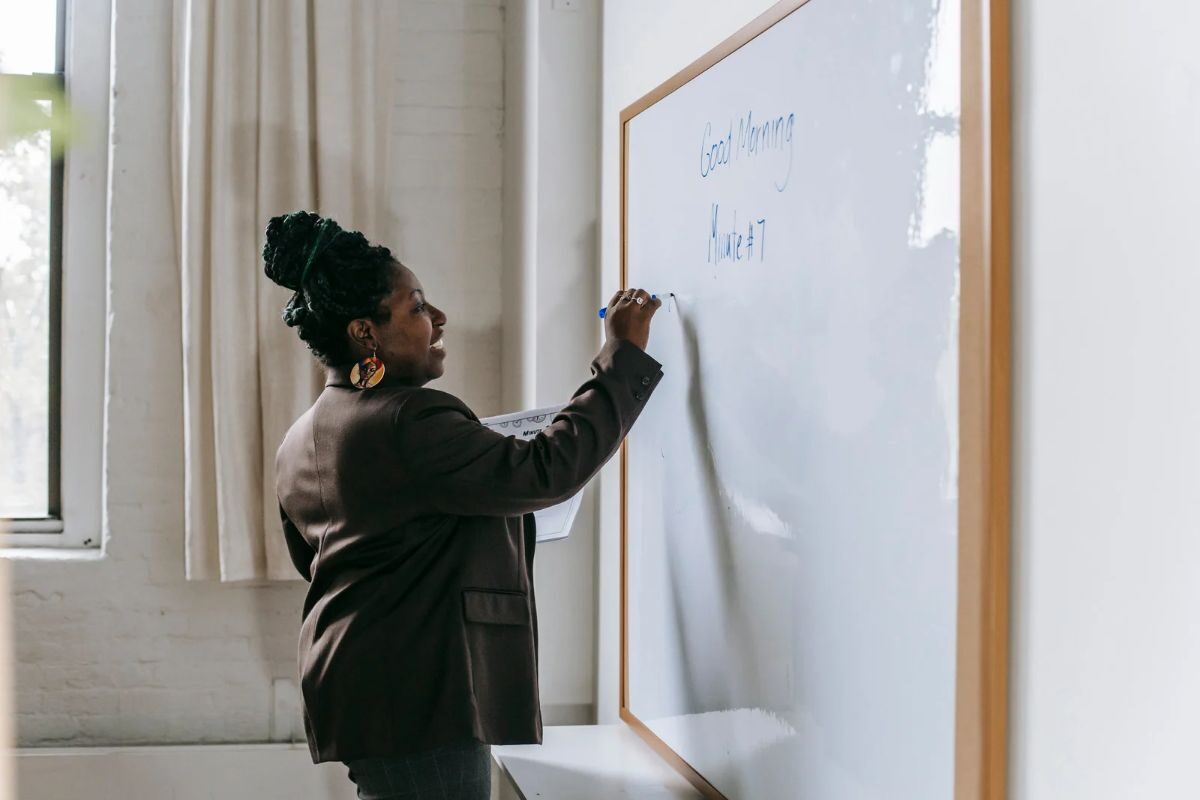What’s Boris Johnson got to do with a self-improving FE system?

One of the most startling things about last week’s political events from an educational perspective has been the comings and goings at the DfE. A new Secretary of State – James Cleverly – has now been appointed and no doubt the DfE website will list the whole new ministerial team soon enough. A new PM is likely to start with a reshuffle to get his or her allies where they want them – and likewise get their detractors where they want them too! But there’s really no way of guessing whether the new SoS is here for the long haul or not.
But the bigger issue is that the “long haul” for an education minister is really not long at all. In 16 years in the civil service, between 1998 and 2014, I served under 8 different Secretaries of State responsible for all or parts of the education system – Blunkett, Morris, Clarke, Kelly, Johnson, Denham, Balls and Gove. Since then there have been 7 more – Morgan, Greening, Hinds, Williamson, Zahawi, Donelan [unfair perhaps] and now Cleverly. And that’s before we even start looking at junior ministers who have held the ever-changing skills/FE portfolios over the years, Labour and Conservative, who are too numerous to mention.
How can the FE system thrive under such political instability?
Schools policy has actually been very stable since the Govian reforms of a decade ago, despite the revolving door of Education Secretaries. This was almost entirely down to the long tenure of The Rt Hon Nick Gibb MP, keeper of the flame of a knowledge-based curriculum and fender-off of countless pressures to pull the schools system this way and that in response to lobbies and trends.
FE and skills policy has seen no such long-term stalwart. And in fact Mr Gibb – whatever one thinks of his policies – was very unusual in having no political ambitions other than being Schools Minister, which was his passion. Even his detractors admitted that he was sincere, consistent and acquired an incredibly in-depth knowledge of the schools system. His example is the exception that proves the rule – we are generally never going to get this sort of stability at system level thanks to our very fluid democratic system.
So if politics will never deliver a stable system-level view, where can it come from? Some say the answer is cross-party consensus. Others say that education should somehow be removed from the political realm altogether. I think these are unrealistic solutions, even if they were desirable.
In my view the FE system needs to take control of itself
FE is a system, whatever some people may say. Often when critics say “it’s not even a system” what they mean is that it’s not planned, or not coherent, or maybe not even functioning very well. But a system does not have to be planned or coherent or well-functioning; it’s simply a set of elements which interact in a way to create a set of outcomes in such a way that if you changed one part of it you’d affect the rest.
FE as a system currently responds to external inputs. These come from all sorts of places – employers, Government, learners – and cannot be controlled. It behaves as a system but does not take control of its own systemic behaviours. But it could do. If enough people working in the FE system changed how they work, it could be very different. In practical terms this would mean each of us:
- Seeing our roles in a system context, not in isolation
- Believing it is our responsibility to affect the success of the whole system
- Collaborating with others for systemic benefit
- Acting to create processes that would improve the functioning of the whole system.
A self-improving FE system
In a self-improving FE system, frequent change of minister would not have a negative impact. There would be no nervous waiting to see if all the old priorities were going out the window and new ones invented. A self-improving system would be confident in its core purpose, and confident that it knew how to identify success and amplify it, and detect deficiency and ameliorate it. Ministers would play the role of determining the high-level objectives of the publicly-funded parts of the FE system, and would intervene only in order to help the system become even better at self-improvement. This may seem like a pipe dream. But we have for decades now been stuck in a loop of lobbying Government and responding to its decisions.
In a self-improving system we would confidently pursue the strategies that we knew, from evidence and experience, were successful. We would look to each other for direction, support and advice, and not to external agencies. And we would share openly with the system not only our successes and their secrets, but also our failures and what we have learned from them. Put like that, I think it seems not only achievable, but essential.
David Russell is Executive in Residence at Saïd Business School, University of Oxford, leading a collaborative project on creating a self-improving FE system. The views in this article are his own and not necessarily those of Saïd Business School, University of Oxford.













Responses